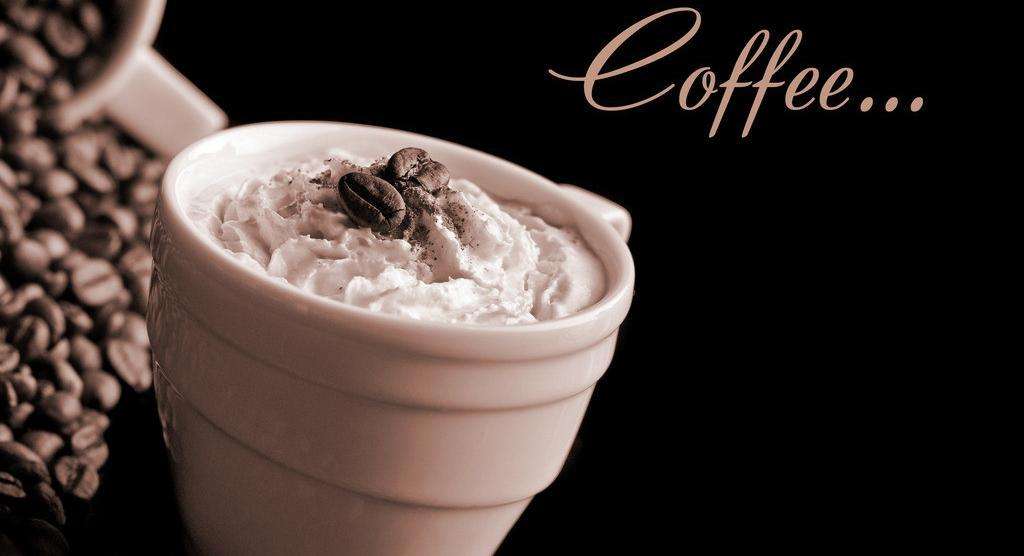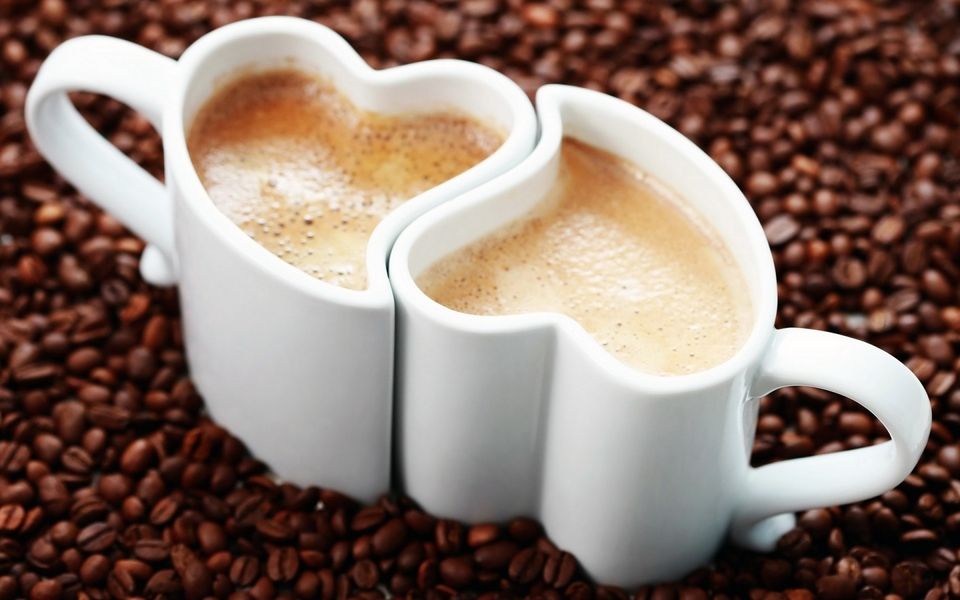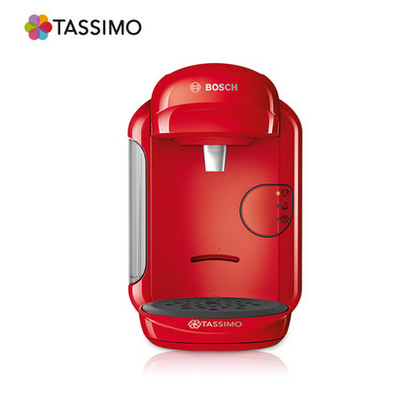Milk tea generally contains caffeine, which is said to be sugar-free and all sugar.
Follow the caf é (Wechat official account vdailycom) and found that Beautiful Cafe opened a small shop of its own.
All kinds of milk teas sold on the market generally contain caffeine, and the highest content of one cup of milk tea is equivalent to four cups of coffee, which is not suitable for pregnant women and children, but only one has a hint.
Cao Shuliang of the Shanghai Nutrition Food quality Inspection Station said that the brewing method of milk tea is different from that of daily tea brewing: "Tea is used for tea brewing, and the crushed tea is used for milk tea. Once crushed, it is easier to leach and bring caffeine to milk tea more quickly." In addition, milk tea is cooked in hot water, and caffeine is more easily dissolved in boiled water, so it is very strong. "
Cao Shuliang points out that caffeine is generally found in drinks such as coffee and strong tea, and it is best for healthy adults to consume no more than 200mg in a single dose. Pregnant women and children and other people should not eat too much, otherwise it will cause similar anxiety symptoms, such as palpitations, tremors, sleep disorders and so on.

Truth 1: caffeine without warning
The Municipal Consumer Protection Commission bought 51 samples of milk tea from 27 milk tea shops, including Xi tea, imperial tea, tribute tea, a little bit and other "network celebrities" milk tea. The experimenter commissioned the Shanghai Nutrition Food quality Inspection Station to detect the sugar, fat, trans fatty acids and caffeine in milk tea.
It was found that all 51 pieces of milk tea contained caffeine, with an average of 270 mg per cup of milk tea. Among them, the highest content of a cup of milk tea is Letangkou original hand-pulled tea (sugar-free), caffeine content of 428 mg / cup, equivalent to 4 cups of American coffee.
However, with regard to the presence of caffeine in milk tea, only one of the 27 milk tea shops gave a vague warning that "pregnant women should not drink too much", and all other milk teas did not give any warning about the presence of caffeine in milk tea.
Truth 2: whether there is sugar or not
In the test, in 27 pieces of normal sweetness milk tea, the sugar content ranged from 11 grams to 62 grams per cup, with an average sugar content of 34 grams per cup. A cup of silk stockings milk tea has the same sugar content as 14 cubes of sugar, far exceeding the "daily sugar intake of no more than 50 grams, preferably less than 25 grams" stipulated in the Dietary guidelines for Chinese residents 2016.
And "no sugar" does not mean that there is no sugar. All of the 20 samples declared sugar-free were found to have sugar content, with an average sugar content of 2.4 g / 100 ml and a minimum of 1.2 g / 100 ml. Among them, four "sugar-free" products from LE LE CHA, Mr. Hope, Kawangka and Xi Tea contain between 3.3g / 100ml and 5g / 100ml. Although there is no current standard for sugar-free beverages, according to GB28050-2011 General principles for Nutrition labelling of prepackaged Food, sugar content of sugar-free beverages should be less than or equal to 0.5g / 100ml.
Truth 3: using milk is not "real".
Milk tea is good or not, an important indicator is whether the milk is fresh, protein and trans fatty acid content are two criteria.
In the protein test, the protein content of 19 samples was obviously on the low side. In addition, if excessive intake of trans fatty acids can affect your health, the Dietary guidelines for Chinese residents recommend that your daily intake should not exceed 2 grams. However, the test found that the trans fatty acids of the four samples of Kawangka and aunt milk tea all exceeded this standard, and the highest trans fatty acid of Kawangka ice milk tea was 6.2 grams per cup. It is worth noting that the protein content of these four types of milk tea is not high, to a certain extent, indicating that the raw materials may not be healthy. Experts believe that these two indicators are out of balance, indicating that businesses may not use "real materials", but use substitutes such as cream.
Important Notice :
前街咖啡 FrontStreet Coffee has moved to new addredd:
FrontStreet Coffee Address: 315,Donghua East Road,GuangZhou
Tel:020 38364473
- Prev

The Shanghai Consumer Protection Commission issued the "Comparative experiment of Milk Tea", revealing the "three truths" of milk tea.
Following caffeine comments (Wechat official account vdailycom) found that Mei Mei Cafe opened a small shop of its own. The Shanghai Consumer Protection Commission issued a notice on the comparative trial of milk tea. The results showed that all kinds of milk teas sold on the market generally contain caffeine. The highest content of milk tea is equivalent to four cups of coffee. This ingredient is not suitable for pregnant women and children, but only one has a hint. Truth one:
- Next

Brief introduction of TASSIMO capsule Coffee Machine
Following Kaiping (official Wechat account vdailycom) found it unpleasant for Beautiful Cafe to open its own shop in a sweltering summer, fled the closed office and went home to relax. At this point, it would be best to have a cup of delicious iced coffee. But what if you don't want to make coffee yourself and you want a cup of high-quality coffee? TASSIM
Related
- Unexpected! Ruixing Telunsu lattes use a smoothie machine to foam milk?!
- % Arabia's first store in Henan opens into the village?! Netizen: Thought it was P's
- Does an authentic standard mocha coffee recipe use chocolate sauce or powder? Mocha Latte/Dirty Coffee/Salty Mocha Coffee Recipe Share!
- What is the difference between Vietnam egg coffee and Norway egg coffee? Hand-brewed single product coffee filter paper filter cloth filter flat solution!
- What is the difference between sun-cured and honey-treated coffee? What are the differences in the flavor characteristics of sun-honey coffee?
- How to make Italian latte! How much milk does a standard latte use/what should the ratio of coffee to milk be?
- How to make butter American/butter latte/butter Dirty coffee? Is hand-brewed coffee good with butter?
- Is Dirty the cold version of Australian White? What is the difference between dirty coffee/decent coffee and Australian white espresso?
- Relationship between brewing time and coffee extraction parameters How to make the brewing time fall to 2 minutes?
- Got entangled?! Lucky opens a new store, Mixue Ice City, and pursues it as a neighbor!

